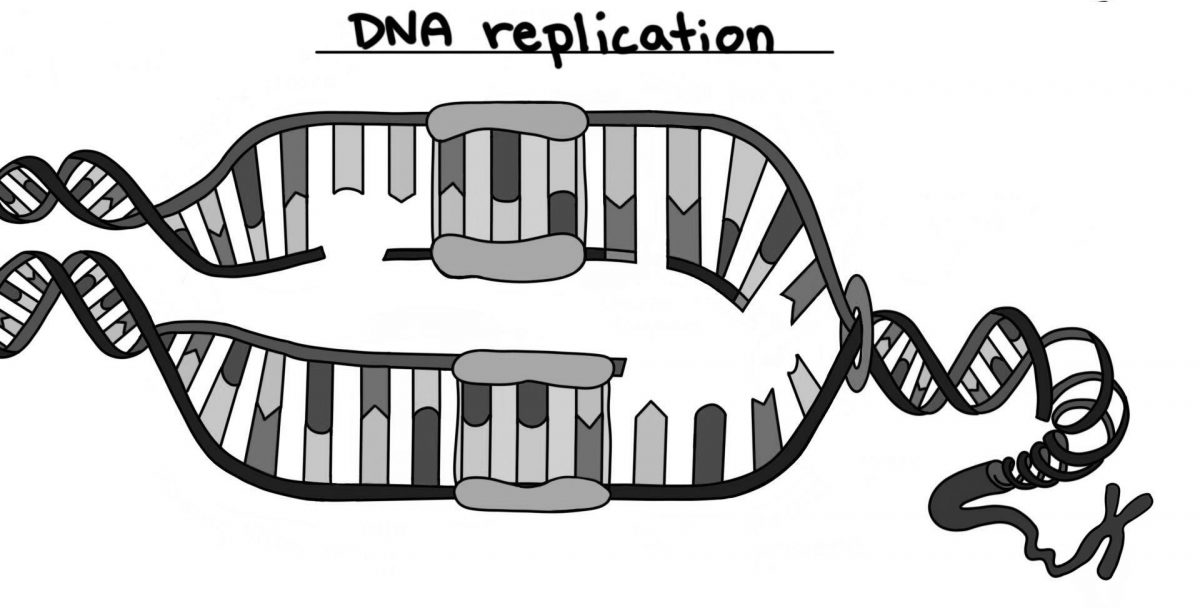Introduction
In the vast landscape of decision-making, it is crucial to understand the underlying mental models that shape our thought processes. One such model, often overlooked yet pervasive, is the Replication mental model. Replication refers to the tendency of individuals to mimic or imitate the behaviors, choices, and opinions of others without questioning their validity or considering alternative perspectives. It is an inherent bias rooted in human psychology and plays a significant role in our day-to-day lives, impacting personal decisions, business scenarios, and even public policy-making.
Understanding Replication in Decision-Making
Replication is a cognitive shortcut that saves us time and effort by relying on the experiences and choices of others. Humans are social creatures, and our brains are wired to seek social validation and conformity. When faced with a decision, we often turn to others as a reference point, assuming that if many people believe or choose a certain option, it must be the right one. This bias is particularly strong when we perceive others as experts or when we are uncertain about the best course of action.
Examples of Replication in Various Contexts
Personal Life Decisions: Let’s consider the example of Sarah, a young professional contemplating her career path. Instead of carefully evaluating her interests, skills, and aspirations, Sarah replicates the choices of her peers who have pursued lucrative careers in finance. She fails to acknowledge her true passion for writing and ends up in a profession that doesn’t fulfill her. Sarah’s replication of others’ choices stifles her individuality and hampers her personal growth.
Business Scenarios: Replication also affects organizational decision-making. Imagine a company launching a new product. Despite conducting market research and identifying unique selling points, the management replicates the strategies of successful competitors without questioning their suitability. By blindly imitating rather than innovating, they fail to differentiate their product and suffer from lackluster sales. Replication in business can stifle creativity, limit competitive advantage, and impede growth.
Public Policy-Making: Replication can also have far-reaching consequences in the realm of public policy. Governments often replicate policies implemented by other countries without considering the contextual differences and the potential impact on their own society. This can lead to misguided decisions and suboptimal outcomes. For instance, a country replicating a welfare system that worked well in a different cultural and economic context may find itself burdened with unsustainable expenses and social inequality.
Psychological Biases and Underpinnings of Replication
Several cognitive biases contribute to the prevalence of Replication. One such bias is the Bandwagon Effect, where individuals are influenced by the popularity or consensus surrounding an idea or behavior. The fear of missing out and the desire to conform can override critical thinking and independent judgment. The Availability Heuristic also plays a role, as people tend to replicate choices that are easily accessible or readily available in their social environment.
Additionally, the Authority Bias influences Replication by leading individuals to adopt the opinions or choices of perceived authorities or experts. The influence of authority figures, such as celebrities, influencers, or professionals, can be powerful, often overshadowing careful analysis or individual preferences.
Strategies to Identify and Avoid Replication
Recognizing when we are succumbing to Replication is crucial for making rational decisions. Here are some strategies to help identify and avoid this mental trap:
Question Assumptions: Develop a habit of questioning the underlying assumptions and motivations behind the choices you are considering. Challenge the status quo and explore alternative perspectives before blindly replicating the actions of others.
Seek Diverse Input: Actively seek out diverse viewpoints and opinions. Engage in discussions with people who hold different beliefs or have varied experiences. This can help broaden your understanding and provide a more well-rounded foundation for decision-making.
Evaluate the Source: Be mindful of the credibility and expertise of those whose choices you are replicating. Consider the motivations and biases of the individuals or groups involved. Take the time to verify information and seek evidence-based knowledge.
Cultivate Self-Awareness: Reflect on your own values, goals, and interests. Develop a deeper understanding of your own preferences and strengths. This self-awareness will empower you to make decisions that align with your true aspirations rather than blindly replicating the choices of others.
Conclusion
Replication is a mental model deeply ingrained in human psychology, influencing our decision-making processes across various domains of life. By blindly replicating the choices of others, we undermine our individuality, stifle innovation, and limit our potential for growth and fulfillment. It is essential to be aware of the biases that contribute to Replication and actively employ strategies to avoid this mental trap. By questioning assumptions, seeking diverse input, evaluating sources, and cultivating self-awareness, we can make more objective and informed decisions that align with our own values and aspirations. Developing this awareness is vital for personal growth, organizational success, and the development of effective public policies.
